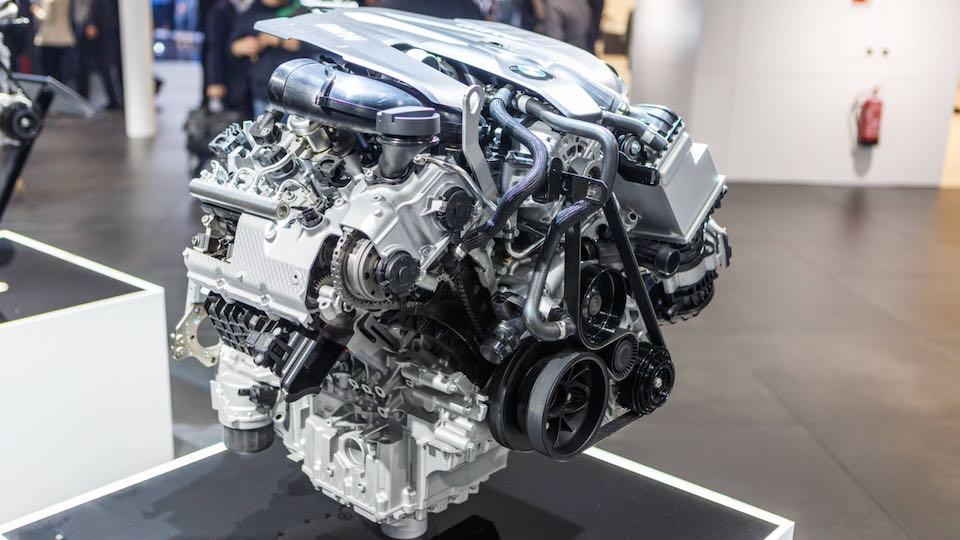EU Parliament finally votes in favour of a ban on combustion engines

New cars with combustion engines will only be allowed to be sold in the EU for around twelve years. On Tuesday in Strasbourg, the EU Parliament gave its final approval to the new CO2 requirements, according to which only new cars that emit no greenhouse gases during operation may be sold in the EU as of 2035.
The interim target set for 2030 is to reduce emissions from new cars by 55 percent compared with 2021, and from light commercial vehicles by 50 percent. Cars already registered will be allowed to remain on the roads; used cars with CO2 emissions may continue to be traded.
Negotiators from the Parliament and EU countries had already agreed on the compromise in October. MEPs now also formally approved the agreement, with 340 votes in favour, 279 against and 21 abstentions. The member states also still have to agree, but this is considered a formality. In 2026, it will be possible to review the compromise again.
The decision is part of the EU Commission’s “Fit for 55” program, which aims to reduce net greenhouse gas emissions by at least 55 percent by 2030 compared to 1990 levels. By 2050, the EU wants to become climate neutral, meaning they only emit CO2 that can also be recaptured.
German parties divided
European representatives of the CDU and FDP voted against the targets, citing concerns about possible job losses, among other reasons.
The Greens and Social Democrats welcomed the agreement on Tuesday as a success for more climate-friendly road traffic. The climate policy spokesman for the SPD party, Tiemo Wölken, pointed out that car manufacturers had long since prepared for a future business without combustion engines. At the same time, the decision will ensure that key competencies such as the production of battery cells are retained in the EU.
The issue of phasing out combustion engines had also been a matter of dispute within the German government for some time. The Greens and Liberals were the main proponents of different positions.
Clinging to E-Fuels
One point of contention in the EU negotiations has been whether there should be an exemption for combustion engines that can run on synthetic fuels known as e-fuels. Some combustion engines can tolerate e-fuels as an alternative to fossil fuels, but then continue to emit greenhouse gases. Their production requires a lot of energy and operation is considered inefficient compared to electric engines, studies confirm (in German).
At the insistence of the German government, the compromise paper includes a request to the EU Commission to review whether e-fuels for cars could still be considered in the future. Member of Parliament Jan-Christoph Oetjen Oetjen (FDP) spoke on Tuesday, however, of the fact that the Commission does not appear to have a serious proposal so far.
Federal Minister of Transport Volker Wissing (FDP) continued to insist on the synthetic fuels on Twitter (in German), saying e-fuels should not be abandoned when it comes to climate-neutral cars in the EU.
EU Climate Commissioner Frans Timmermans has a different view, saying the fuels should be used where they are really needed, especially in aviation. “We should not use them for road traffic,” he commented.
Negotiations on heavy commercial vehicles
Shortly after Tuesday’s vote, the EU Commission also unveiled plans to impose significantly stricter targets for heavy-duty vehicles as well. According to the Commission, trucks and buses are to emit 90 percent less CO2 by 2040 compared to 2019.
As an interim target, it proposes that CO2 emissions from heavy-duty vehicles should be reduced by 45 percent by 2030 and 65 percent by 2035. Exceptions are planned for special vehicles such as ambulances and fire trucks, as well as agricultural vehicles. The EU states and the European Parliament still have to negotiate a compromise on the proposals.
For Green MEP Michael Bloss, the Commission’s proposals on trucks and buses don’t go far enough: “This is another area where clarity is needed for the industry and an end date is needed for combustion engines in trucks.” (dpa / hcz)